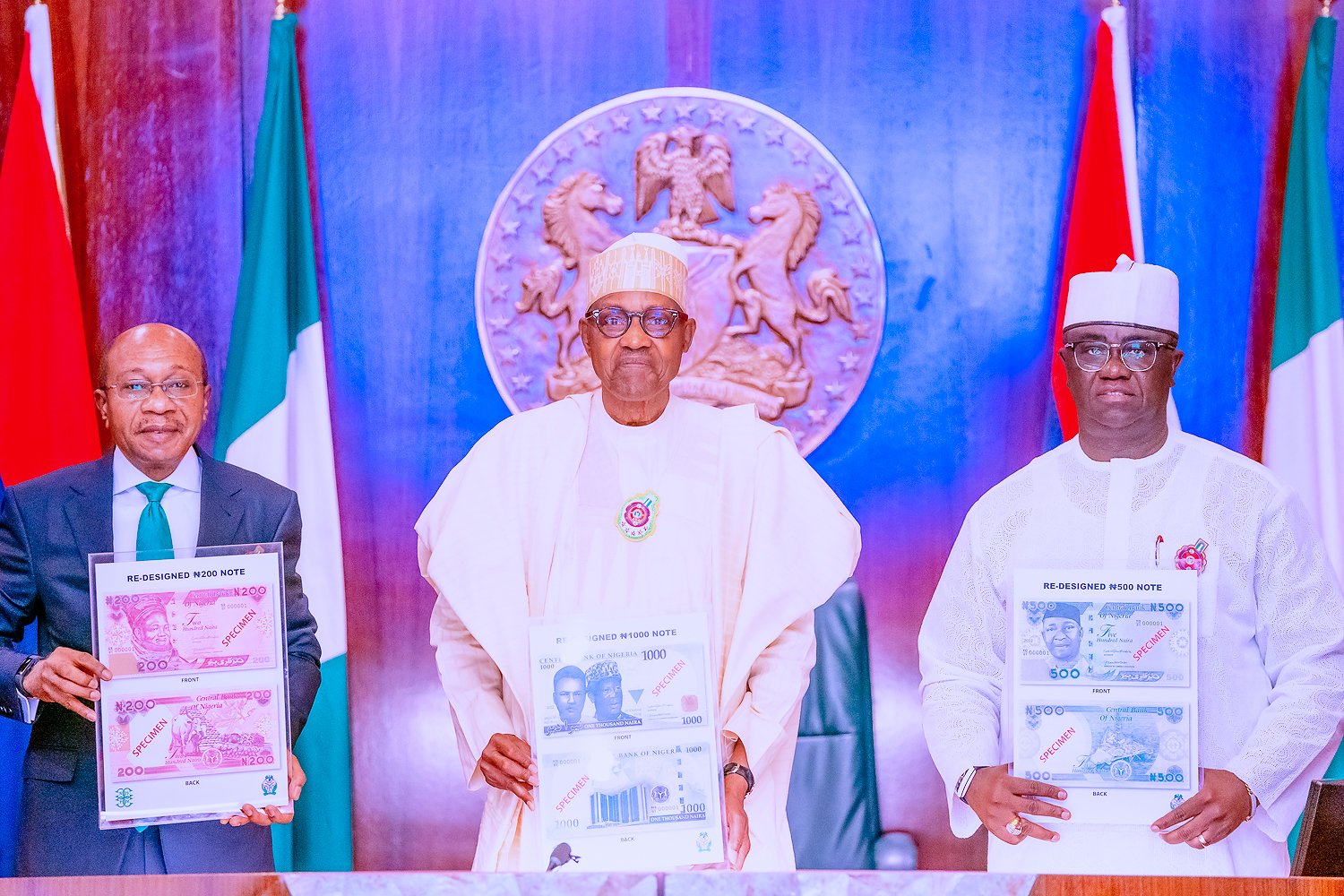The Central Bank of Nigeria (CBN) said old naira notes of ₦200, ₦500, ₦1000 notes are no longer legal tender in the country.
The CBN declared that the old ₦200, ₦500, ₦1000 notes ceased being legal tender in Nigeria on Friday, February 10, 2023.
CBN Branch Controller in Bauchi, Haladu Idris Andaza, while speaking to journalists made the disclosure.
“In the last 24 hours, we have been inundated by questions from various angles of the general public about our operational guidelines on the old currency notes, be that as it may, there are so many questions here and there which people have been asking about,” Andaza said.
“So for the avoidance of doubt, we wish to state categorically that CBN is ready and is opened to receive all of those old notes based on certain conditions and criteria. Customers are free to come to the Bank and deposit which they cannot do at the Commercial Banks anymore because the currency has seized to be a legal tender since the 10th of this month.
“Consequently, the management of the CBN decided that those customers will have a sigh of relief by coming to the offices of the CBN in all the 36 states in the Federation including FCT to deposit their money.
“The customer has to go to the CBN portal and fill a form in the portal, there will be a form there concerning this currency redesign and exchange. After filling the form, you generate a code, you either print it or come with it in your mobile phone, give us the code and the information contained therein. In the form, you are expected to provide all the basic information about yourself, your account details and the amount you want to deposit.”
“By the time you have done it correctly, you come to the CBN where the code will be accepted from you as well as the money, process and confirm the genuineness or otherwise of the money to avoid receiving fake notes because there are some fake notes in circulation now.”
The CBN’s stance comes a week after three states – Kaduna, Zamfara, and Kogi State on Monday instituted a suit against the Federal Government at the Supreme Court over the scarcity of old and new Naira notes due to the CBN naira redesign policy.







